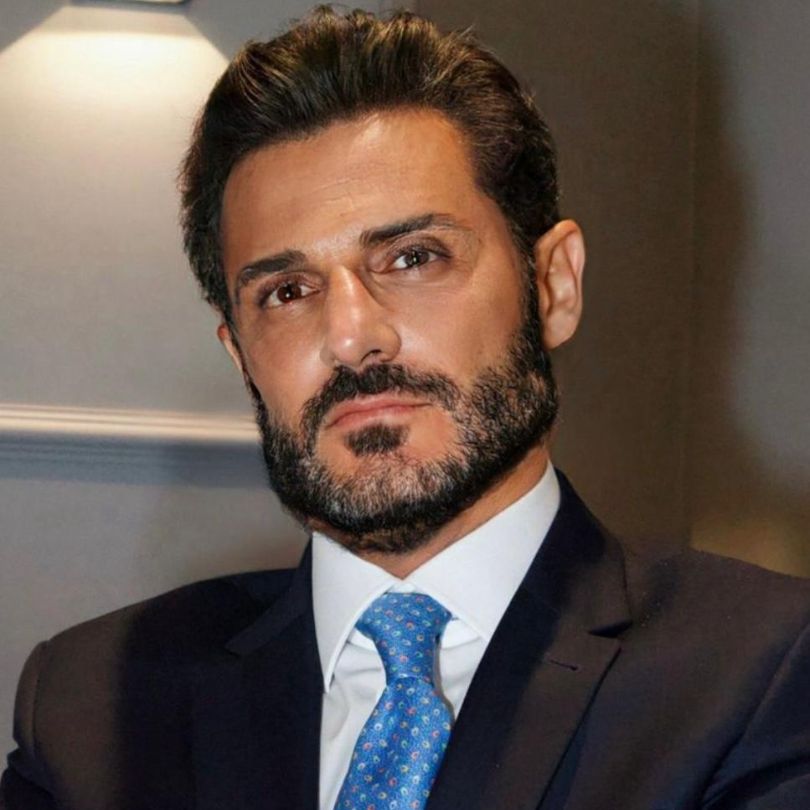The event seeks to provide a more detailed overview of the recent escalation of tensions involving Russia, NATO member states and Ukraine. The webinar will discuss the effectiveness of Western powers' economic sanction threats against Russia in the case of an invasion of Ukraine; the implications of a more moderate position of Germany in this crisis; the impact of possible Russian retaliation against Western Europe, especially regarding gas supplies, on unity and cohesion among NATO members; the weight of arms supplies to Ukraine's armed forces for the correlation of military strength between Russia and Ukraine; the key domestic determinants of the Russian government's strategy to halt NATO's advance in the geopolitical chessboard of Eastern Europe; the division within NATO between a less moderate US and UK stance and a more moderate French and German stance in handling the crisis; the weight of the crisis in Kazakhstan on the Russian government's strategic vision; the lessons learned from Russia's annexation of Crimea in 2014; the impacts of Jair Bolsonaro's visit to Vladimir Putin on Brazil's bilateral relations with NATO members, as well as on Brazil's bid for the status of a special NATO ally; the effects of the Brazilian government's positioning in the face of this crisis on its mandate as a non-permanent member of the UN Security Council for the 2022-2023 biennium.
.jpg)



